Top Operating Systems of 2025: Future of Computing Unveiled
The landscape of operating systems (OS) is constantly evolving, driven by the ever-growing demands of users, advances in technology,
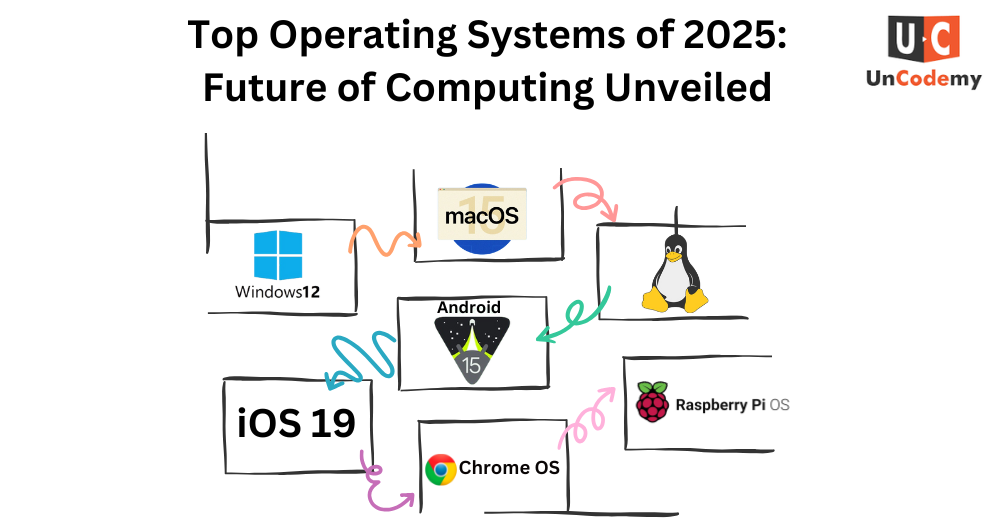
The landscape of operating systems (OS) is constantly evolving, driven by the ever-growing demands of users, advances in technology,


The landscape of operating systems (OS) is constantly evolving, driven by the ever-growing demands of users, advances in technology, and the rise of new devices. As we step into 2025, the question arises: which operating systems are set to dominate the tech world? From personal computing to mobile devices, here is a comprehensive look at the most anticipated and leading operating systems for 2025.
Operating systems in 2025 have evolved with enhanced security, AI integration, and improved performance. Leading the market are Windows 11/12, macOS (latest version), Linux Distros (Ubuntu, Fedora), and Chrome OS for PCs. Android 15, iOS 18, and Harmony OS dominate mobile devices, while Windows Server, Ubuntu Server, and Red Hat Enterprise Linux lead in cloud computing.
After the success of Windows 10 and the mixed reception of Windows 11, Microsoft is gearing up for Windows 12, which is expected to be a major upgrade in 2025. Windows 12 will continue the modern, streamlined design introduced by Windows 11, but with enhanced AI integration, improved performance, and deeper cloud connectivity.
Windows 12 is expected to appeal to a wide range of users from professionals to gamers, making it one of the leading OS choices in 2025.
Apple’s macOS continues to evolve in ways that offer seamless integration with its hardware ecosystem, and macOS 15 is anticipated to take things to the next level in 2025. Apple’s focus on power efficiency, security, and user experience will continue to make macOS a top choice for professionals and creatives alike. Understanding system architecture is key to leveraging its full potential, and The Ultimate Guide to Segmentation in Operating Systems provides valuable insights into how macOS efficiently manages memory and processes, enhancing overall performance.
macOS 15 is poised to be the go-to OS for Apple enthusiasts in 2025, supporting productivity, design, and high-performance tasks.
Linux continues to gain traction due to its open-source nature, flexibility, and security features. As we move into 2025, the major distributions of Linux, such as Ubuntu 25 and Fedora 40, are expected to see further improvements, making them prime contenders for personal, professional, and enterprise use.
In 2025, Linux-based operating systems will be increasingly adopted by tech professionals, developers, and anyone seeking control over their computing environment.
Android remains the dominant mobile operating system, and Android 15 (set for release in 2025) promises to push the boundaries of what is possible on smartphones, wearables, and IoT devices. With Android being open-source, it is also customizable by manufacturers and users alike.
Android 15 will continue to be the operating system of choice for billions of mobile users, with features that cater to both everyday users and tech enthusiasts.
Apple’s iOS is the backbone of its mobile devices, and iOS 19, set to debut in 2025, will further enhance the iPhone, iPad, and other Apple devices. Known for its security, ease of use, and app ecosystem, iOS will continue to offer innovative features while maintaining its tight-knit ecosystem.
iOS 19 will remain the go-to operating system for Apple mobile device users, providing a polished, secure, and integrated experience.
Google’s Chrome OS has steadily gained popularity, especially in educational and enterprise environments, thanks to its simplicity, security, and cloud-centric approach. In 2025, Chrome OS is expected to evolve with more features for power users, gaming, and multi-device support.
For schools, businesses, and users looking for a low-maintenance, secure, and cost-effective OS, Chrome OS will remain a top contender in 2025.
Raspberry Pi continues to be one of the most popular single-board computers in the world, and the Raspberry Pi OS, or Pi OS, will continue to evolve in 2025, making it an essential OS for DIY projects, education, and even light server tasks.
Raspberry Pi OS will remain a staple for tech enthusiasts, educators, and developers working with low-cost computing hardware.
The operating systems of 2025 will reflect the ongoing trends in technology: increased connectivity, integration with AI, and an emphasis on security and performance. Whether you’re a user of mainstream operating systems like Windows and macOS, or a fan of open-source and cloud-first solutions like Linux and Chrome OS, the landscape is set for significant changes.
Each of these operating systems will cater to specific needs, from personal computing to enterprise solutions, making 2025 an exciting year in the world of operating systems. As innovation continues, users will have more choices than ever before to select the OS that best suits their workflow, hardware, and computing needs.
What are the top operating systems in 2025?
The top operating systems for 2025 include Windows 12, macOS 15, Android 15, iOS 19, Linux distributions like Ubuntu 25 and Fedora 40, Chrome OS, Raspberry Pi OS, and others catering to mobile, desktop, and cloud computing.
Why is Linux gaining popularity in 2025?
Linux continues to grow due to its open-source flexibility, security, customization options, and its suitability for cloud computing, development environments, and enterprise solutions. It offers cost-effective, secure, and efficient options for professionals and server users.
Will Windows 12 be compatible with older devices?
Windows 12 will have higher system requirements than previous versions, meaning older devices may not fully support it. Devices with modern processors and hardware will run it best, but compatibility tools will help assess upgrades before installation.
How will Android 15 improve user experience?
Android 15 will bring improvements like better AI integration, foldable device support, longer battery life, enhanced security, and smoother cross-device functionality, ensuring a more responsive and feature-packed experience for mobile and tablet users.
What are the key features of macOS 15?
macOS 15 will offer enhanced privacy features, tighter integration with Apple’s M-series chips, improved performance, and a unified experience across Apple devices. Expect better AR capabilities, security updates, and a more seamless workflow for professional users.
How will Chrome OS evolve in 2025?
Chrome OS will improve with better offline capabilities, enhanced performance for gaming and multitasking, and deeper integration with Android apps. It remains a strong choice for education, businesses, and users prioritizing simplicity, security, and cloud-based work.
What role will iOS 19 play in 2025?
iOS 19 will continue to dominate the mobile OS space with advanced privacy features, better AR integration, and new tools for managing smart home devices. Enhanced AI-powered assistance will make tasks more intuitive and predictive for iPhone users.
Will Windows 12 support cloud computing?
Yes, Windows 12 will integrate more deeply with Microsoft’s cloud services like OneDrive and Azure, allowing seamless syncing, backup, and collaboration across devices. Expect a cloud-first approach for storage, application management, and remote work.
How secure will macOS 15 be?
macOS 15 will feature stronger encryption, app permission management, and more robust privacy settings, alongside hardware-based security from the M-series chips. Apple’s commitment to regular updates will ensure macOS remains one of the most secure operating systems.
Is Linux ideal for gaming in 2025?
Linux will see significant improvements in gaming support by 2025, with better compatibility for popular games, graphics drivers, and Steam integration. While Windows will still be dominant for gaming, Linux will continue to grow as a viable gaming platform.
Personalized learning paths with interactive materials and progress tracking for optimal learning experience.
Explore LMSCreate professional, ATS-optimized resumes tailored for tech roles with intelligent suggestions.
Build ResumeDetailed analysis of how your resume performs in Applicant Tracking Systems with actionable insights.
Check ResumeAI analyzes your code for efficiency, best practices, and bugs with instant feedback.
Try Code ReviewPractice coding in 20+ languages with our cloud-based compiler that works on any device.
Start Coding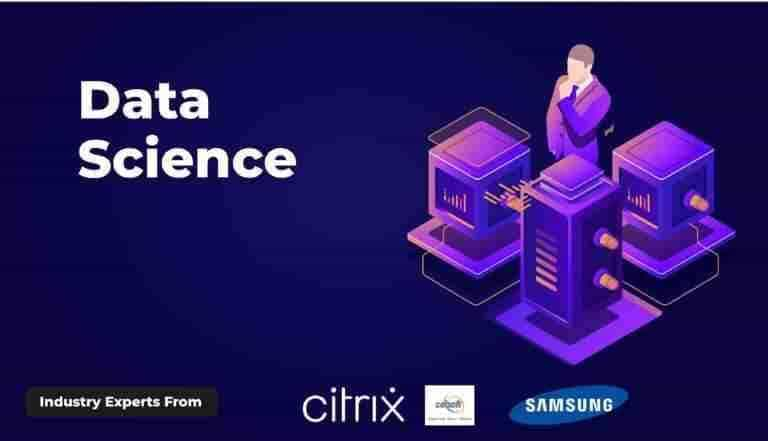 TRENDING
TRENDING BESTSELLER
BESTSELLER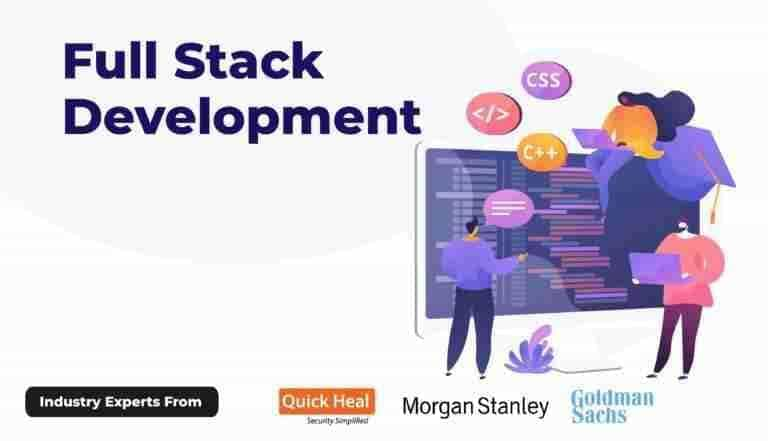 BESTSELLER
BESTSELLER TRENDING
TRENDING HOT
HOT BESTSELLER
BESTSELLER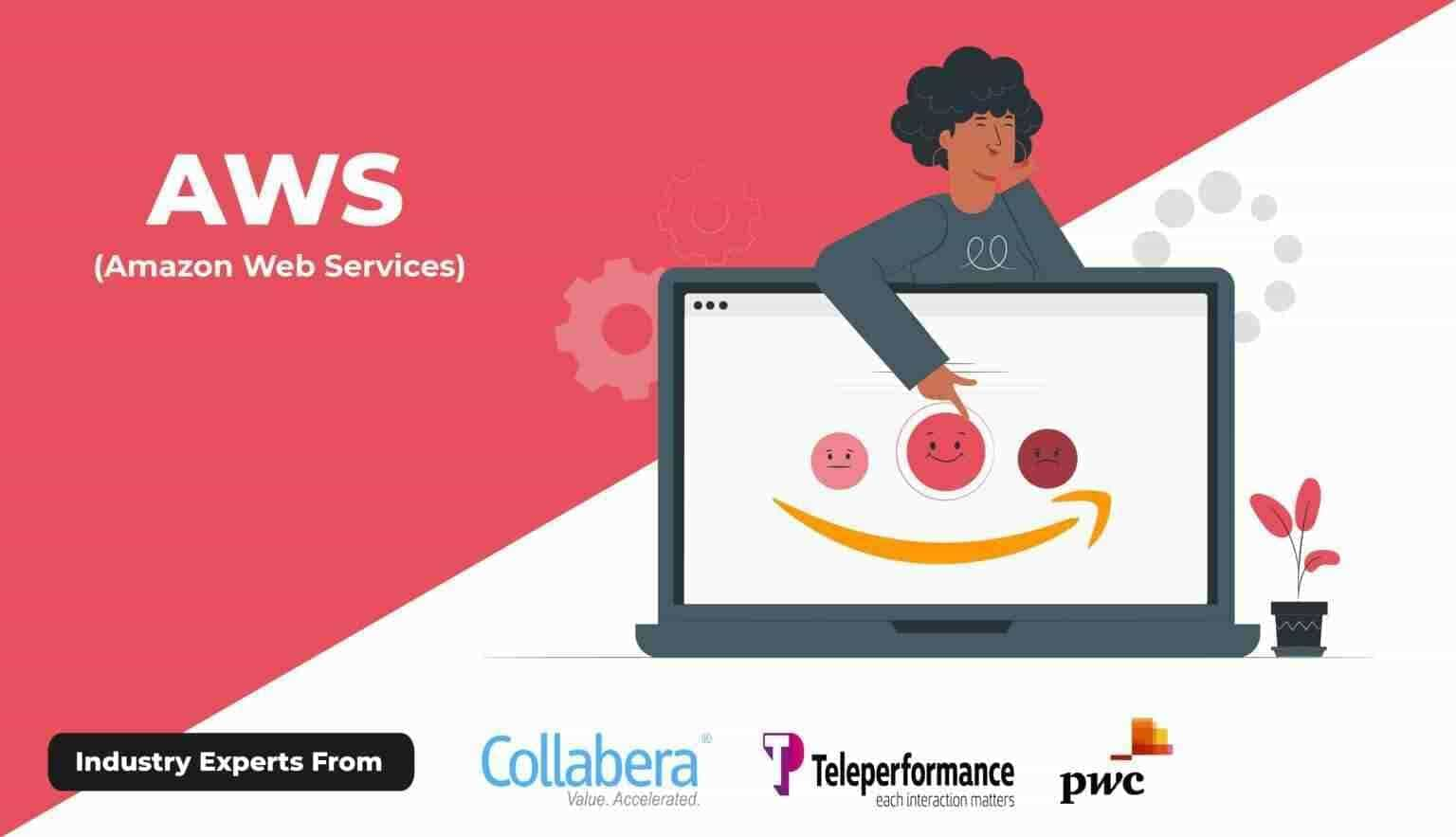 HOT
HOT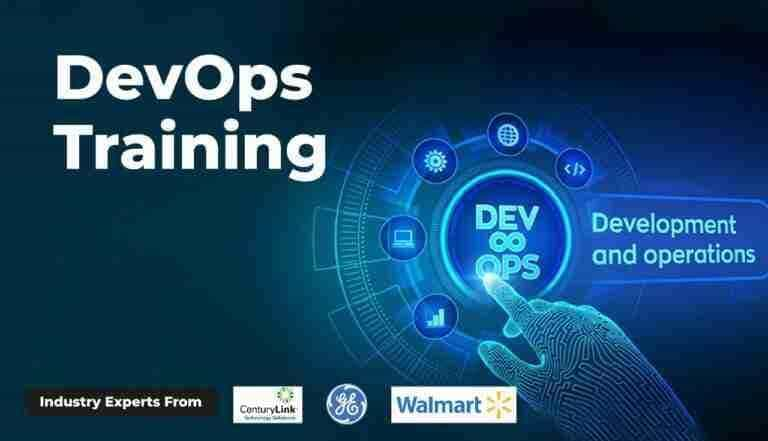 BESTSELLER
BESTSELLER BESTSELLER
BESTSELLER HOT
HOT POPULAR
POPULAR